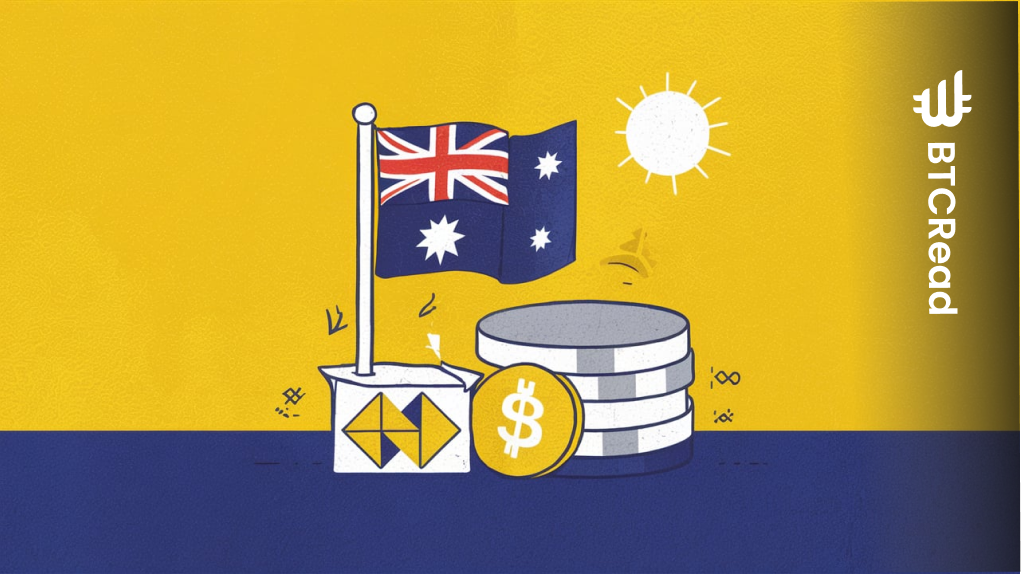HSBC Australia has announced a ban on payments to crypto exchanges, effective July 24, 2024. The bank claims this move is aimed at protecting customers from potential scams.
In an email to account holders, HSBC stated it will block transactions to crypto exchanges from both bank accounts and credit cards. The bank cited data from Australia’s consumer regulator, which reported $171 million lost to investment scams in 2023.
HSBC’s recent choice has ignited discussions within Australia’s cryptocurrency community. The Managing Director of the Digital Economy Council of Australia (DECA), Amy-Rose Goodey, has raised concerns regarding the lack of prior consultation. In a statement, she highlighted the ongoing tensions between traditional financial institutions and the emerging cryptocurrency industry.
“This is part of a worrying trend of restrictions affecting the digital currency community,” expressed Goodey. She highlighted the necessity for open communication and enhanced regulations to maintain a balance between innovation and risk management.
HSBC made it clear that it will continue to accept incoming payments from cryptocurrency exchanges while assuring that other banking services will not be impacted. With a client base of 1.5 million spread across 45 branches in Australia, the bank maintains its operations.
In a similar move, Bendigo Bank has also opted to block crypto exchange transactions, citing comparable reasons related to safeguarding customer interests.
Australia’s growing crypto adoption
This shift stems from the increasing acceptance of cryptocurrency in Australia. A recent study by Kraken indicated that Australians lead the way in welcoming new digital currencies, especially emerging memecoins.
The research findings indicated that traders in Australia using Kraken favored newer memecoins like PEPE, WIF, and BONK over the global average. In contrast, their interest in well-known memecoins such as Dogecoin and Shiba Inu was notably lower.

Australia leads in crypto ownership among developed nations, with 23% of adults embracing digital assets despite the banks’ cautionary measures. The imminent challenge lies in balancing regulation and innovation as the country’s crypto sphere advances. Projections suggest a substantial impact on global trade, potentially reaching a value of $3 trillion by 2030.







